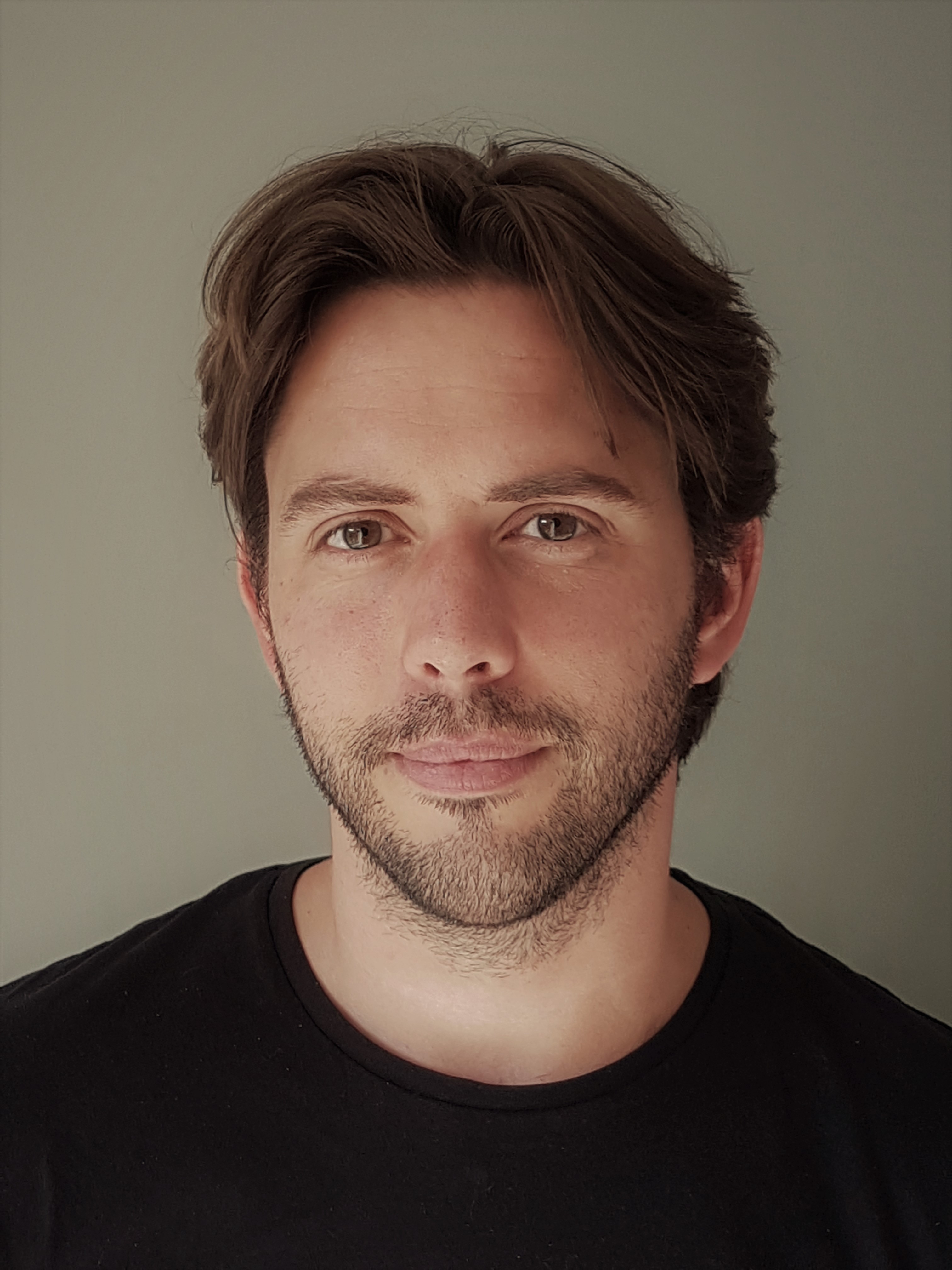Not all bad: social media also have a positive impact on mental health
Surely there can be no upsides to scrolling each day through platforms that encourage us to compare ourselves unfavourably with others? There are in fact benefits, says Philippe Verduyn, associate professor at the Faculty of Psychology and Neuroscience. He has spent a decade studying the impact of social media on wellbeing. His main conclusion: social media are never “all good” or “all bad.” Here he shares four tips to help us protect our mental health when using social media.
Keep reading for the interview, or go to the tips directly.
The positive aspects of social media
A great deal of attention has been paid to the potential negative effects of social media, particularly on young people. Verduyn understands the concerns, but doesn’t see the popularity of platforms such as Instagram and TikTok as necessarily a cause for alarm. They have positive sides too, he says: “You can interact with people you might not have met otherwise, and funny or entertaining content can help you relax. What’s more, you can use social media to find support or connect with users struggling with the same issues.”
Passive versus active use
His research addresses whether the impact of platforms like Instagram and TikTok varies depending on whether we use them actively or passively. “Active use, such as making posts or commenting on others, can create a positive sense of connection.” This is not always the case, however. “Active use can have a positive impact if you get nice comments on your posts or have meaningful conversations through DM. But if you get fewer likes on a particular post, or receive upsetting DMs, active use may actually make you feel worse.”
Passive consumption of many types of content often triggers negative social comparison. “In passive users, other people’s success may produce a sense of inferiority when it comes to topics that are important to them.” That being said, “some people are more likely than others to compare themselves to other people on social media. People with a high level of neuroticism (worrying, fear of making mistakes), negative thought patterns, depression or low self-esteem are more susceptible to social comparison.”

Philippe Verduyn is an associate professor at the Maastricht University Faculty of Psychology and Neuroscience. After studying psychology, he obtained his PhD in 2012 at KU Leuven with a dissertation entitled Time dynamics of emotions: Duration and intensity profiles. Since then, his research has focused on the relationship between social media, emotions and wellbeing. He writes academic articles, gives lectures and supervises PhD projects on related topics.
Looking beyond time spent on social media
Verduyn has been studying the relationship between social media and mental health for over a decade. The field has changed a lot in that time. “Early studies focused on the relationship between wellbeing and the amount of time people spent on social media. They did find a negative association—as people spend more time on social media, they experience slightly lower levels of wellbeing—but it’s very weak.”
Verduyn and his colleagues soon realised they had to look beyond the time factor. “The amount of time people spend on social media says nothing about what they actually do on social media”, he points out. “There are clear positives and negatives to social-media use. We’re particularly interested in how people use social media in a positive or negative way, the factors that influence the relationship between social-media use and mental health, and how this varies among individuals. Many different factors play a role in this.”
If you have low self-esteem, negative thoughts or generally feel bad about yourself, you’re more likely to compare yourself to others on social media.
Concerns about technology are nothing new
He firmly believes that social media is neither inherently good nor bad for our mental health. “We see the negative effects more frequently in people who already suffer from low self-esteem, depression or a tendency to compare themselves unfavourably with others. But social media isn’t necessarily harmful in and of itself. A person who is insecure about their appearance and mainly follows body-positive accounts may actually develop a more positive self-image as a result.”
He compares the rise of social media with the introduction of other technologies in recent decades. “New technologies always go hand in hand with doomsday warnings. The same happened when the television was invented, and when the internet was rolled out. Every time, society faces the same challenge: how do we deal with these kinds of developments? How can we integrate technology into our lives such that it serves rather than harms us? This will always be a process of trial and error.”

The responsibilities of social-media platforms
What responsibilities do platforms such as Facebook and Instagram have in all this? That’s a complex issue, Verduyn says. “Platforms certainly have a responsibility to minimise their negative impact and enhance their positive impact. At the same time, they’re driven by an advertising-based revenue model that relies on keeping people engaged for as long as possible. They do so by showing you content that gets your attention. That isn’t necessarily content that’s good for you.”
He can think of one thing that social-media platforms can—and should—do. “Social media should make more data available for independent research into the use of these platforms.” On this point, he is resolute. “We’re currently at a disadvantage, trying to do research with only limited access to data. Meanwhile, the platforms themselves are sitting on very detailed information. If they made more data available for research, we could better study how and why social media affects our wellbeing, both positively and negatively. The platforms would benefit from that, too.”
“Social media are not inherently harmful. As with any new technology, the key is to use them in a way that serves you and boosts rather than dampens your mood.”
Tips for positive social-media use
What can users do to safeguard their mental health when using social media? Verduyn offers the following tips:
- Scrutinise how much time you spend on social media. “We’ve found that social media harms your mental health if you spend an excessive amount of time on it and show signs of addiction,” Verduyn says. “Do you feel dependent on social media and become irritated when you’re offline? Do you spend time on social media at the expense of seeing friends or exercising? In that case, it’s a good idea to cut down.”
- Identify your weaknesses and find out what works for you. “It’s perfectly fine not to conform to social norms. If it causes you stress, you don’t always have to reply to DMs right away.”
- Unfollow accounts. If you notice that certain accounts have a negative effect on your mood, unfollow them or mute them temporarily so their posts won’t appear on your timeline.
- Keep in mind that social media does not reflect reality. “People have a tendency to present a positive image to others. We clean up before having guests over because we want to show them our best side. It’s important to be aware that the same thing happens on social media.”
Text: Romy Veul
Also read
-
Dani Shanley and Joshi Hogenboom on synthetic data, the pains and gains of interdisciplinarity, and why AI likely won’t release us from having to study the world we live in.
-
Lee Bouwman, a vascular surgeon and endowed professor of Clinical Engineering, specialises in the implementation of groundbreaking healthcare technologies. The key to success, he says, lies in the collaboration between engineers and clinicians. This approach has already resulted in a range of...
-
The surgeon who, defeated, leaves the operating room after hours of surgery, to tell the relatives that, unfortunately, the patient did not make it. This role, which most people only know from films and TV series, was one that vascular surgeon Michael Jacobs had to play more often in his career than...
- in Featured
- in Researchers


